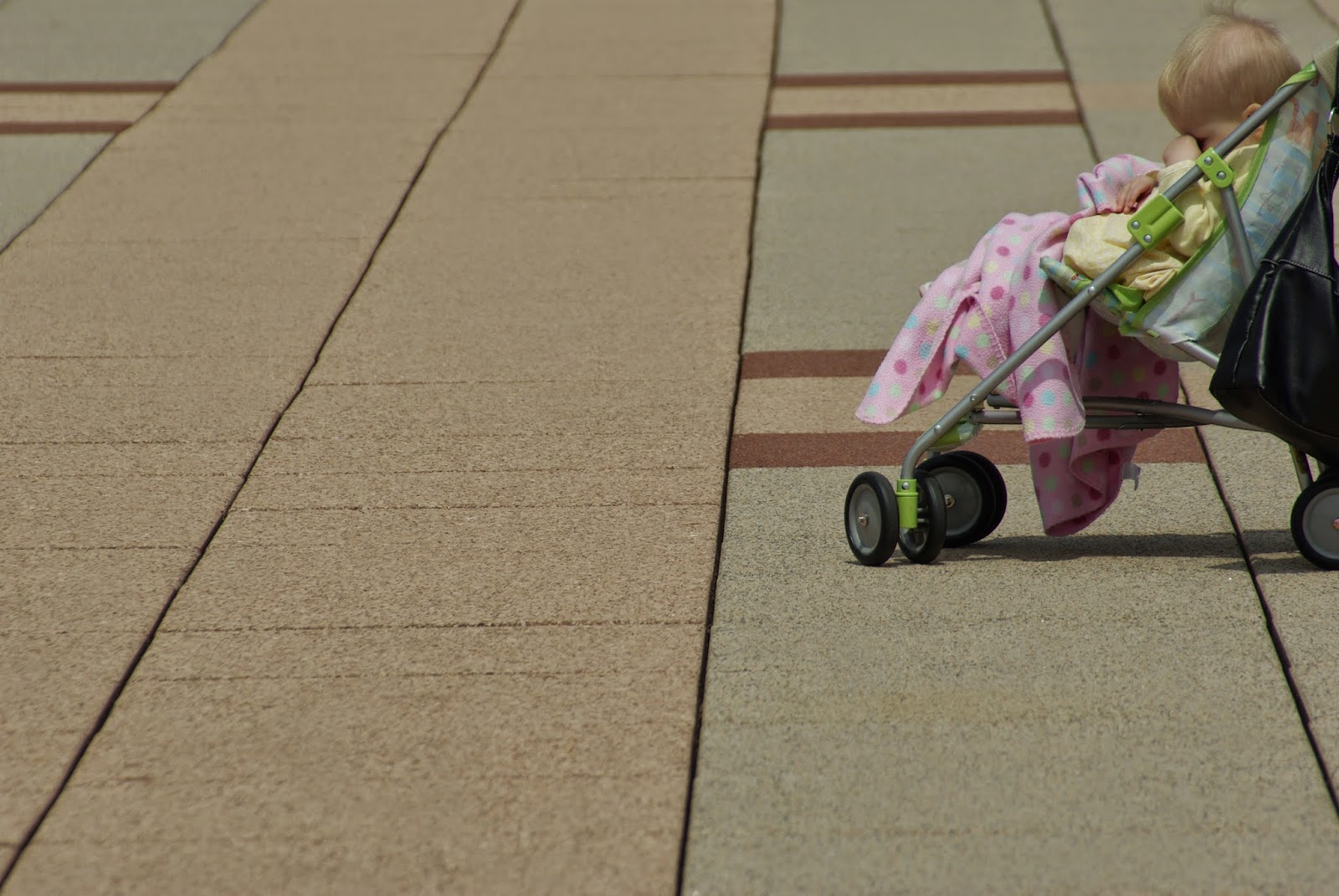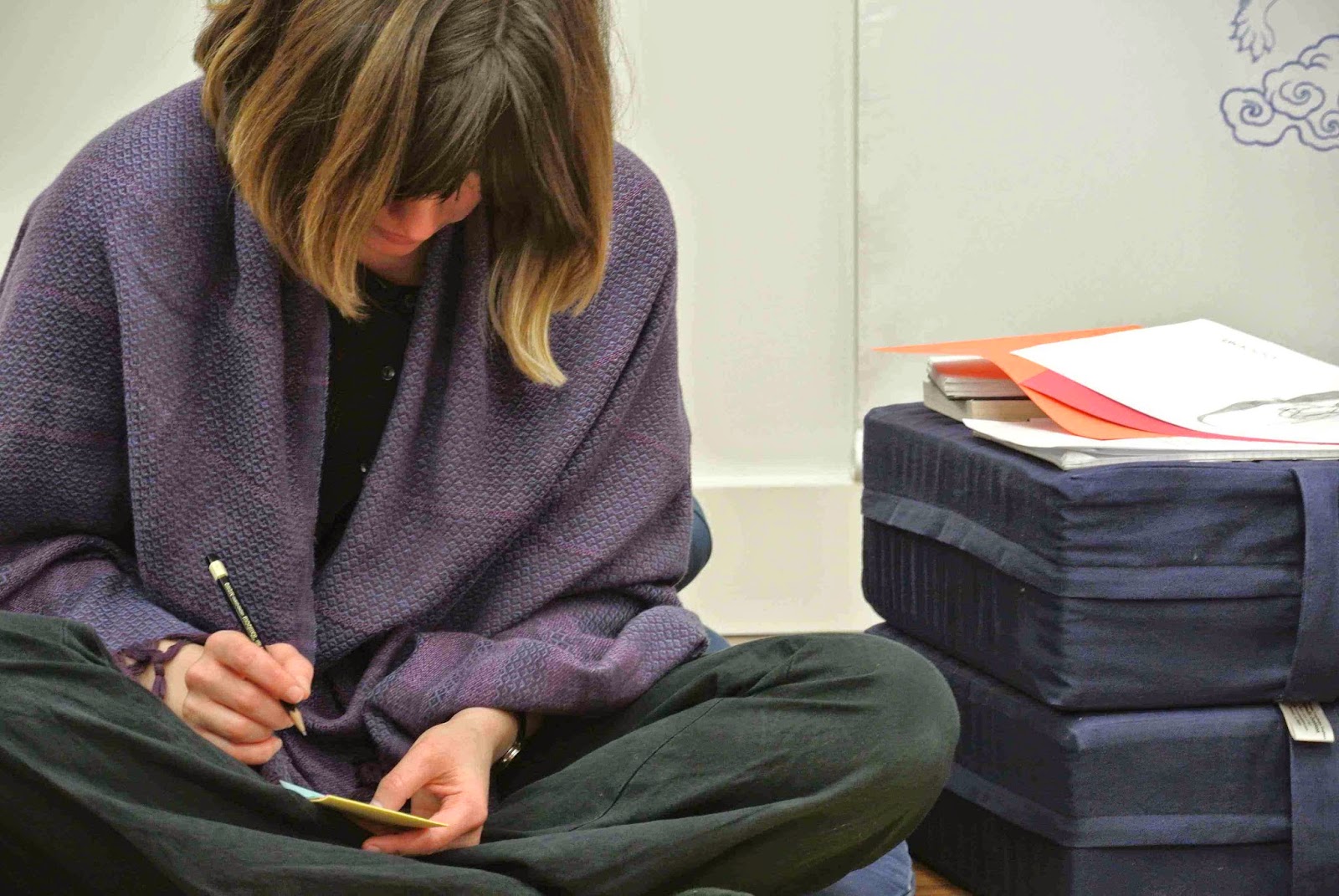Every December in the last few years, I have practiced an adaptation of a game/exercise/prompt that visiting friends did with us five years ago. At that time, they mentioned they had begun to set an intention word for the year - a word to explore, to replace "resolutions" and instead be curious. That first year, my partner and I both chose "consumption" and explored that relationship via food, money and more throughout the year with as little aggression and as much curiosity as we could.
The next year, I picked another task-y like word, but the last few years I've been picking more open words, verbs like 2013's "Play," or 2014's "Breathe." This year, in late November I started to feel the call of intention words, exploring candidates like "Balance" that came to me on their own accord. After being pretty sure for a couple of weeks that "Balance" was the winner, I stumbled into "Value" in writing one day and realized it had a lot more juice: challenge, fear, power - than "Balance." So my 2015 word is "Value."
Here's the prompt I used at the beginning of 2014 for my writing classes to find their intention word:
In my New Year's Intention Retreat, the first weekend of the year (this year's is this upcoming weekend), we use a period of silent contemplation to invite the word to come to us, then contemplate all the associations/meanings that arise, then write. The key factor is to INVITE the word, rather than forcing it or searching for it.I want you to find a word:an intention word/s, a sankalpa*, for this year.Explore. Play. Find a word or words orstart writing and let the word or words find you.Try to soften and let it happen.This is not a resolution.This is not expectation.This is finding a word or words you can weave into all you do for the next year.If you already have an intention word, use this time to break it open.Experiment with future six word stories for 2015.Let the word/s fall apart and show you what they have to really say.
Many folks find that one "doesn't come" the first time around, that they find many or none. That's fine. Keep staying open to what words want to attach to you for the next span of time.
This year, I am adding in work based on Danielle LaPorte's Desire Map. The gist of her work, though getting the book is both useful and powerful, is to search for - or invite - three or more words that match how you want to FEEL in any/all of your activities, so you can use them as feedback to see if what you are doing matches how you want to be feeling. I will be offering some exercises in this direction this weekend as well. I find her approach - instead of affirmations or resolutions or goals, looking for a felt sense of result and aiming for that - quite useful and in compliment to setting New Year's Intentions.
Play. Explore. Invite. If you have ways you use to prepare for the New Year, leave them here.


















.jpg)






